With TIMPI TAMPA, Senegalese director Adama Bineta Sow delivers a bold, sensitive, and fiercely necessary debut feature. Supported by a 100% local cast and shot in Wolof, this social tale set against the backdrop of a university beauty pageant dismantles colonial standards of Black beauty while celebrating sisterhood, identity, and resilience. A gut-punch film, soft like balm, that reinvents African cinema in the feminine plural.
There is something of a gentle revolution in TIMPI TAMPA. A homemade bomb braided with wax fabric and tenderness, a slap that caresses before it strikes. Beneath its colorful tragicomic appearance, Adama Bineta Sow’s first feature film asks a question that gnaws at the skin of a whole continent: What have we done with our beauty?
Welcome to Dakar, where Khalilou, a 20-year-old man, lives alone with his mother. She is sick. She wanted to look like the women on billboards. After years of using lightening creams, she poisoned herself. To honor her, Khalilou decides to disguise himself as a woman, “Leila,” and participate in a university beauty contest to expose from the inside the absurdity of a system that prizes light skin like a colonial medal.
But there is no pathos here. Adama Bineta Sow prefers gentle satire to cold anger. She paints a fresco of women—vibrant, whole, powerful—and stages a young, free, and clear-eyed Senegal that doesn’t need to be lectured to understand that the revolution begins with the mirror.
A film that stands tall in its language
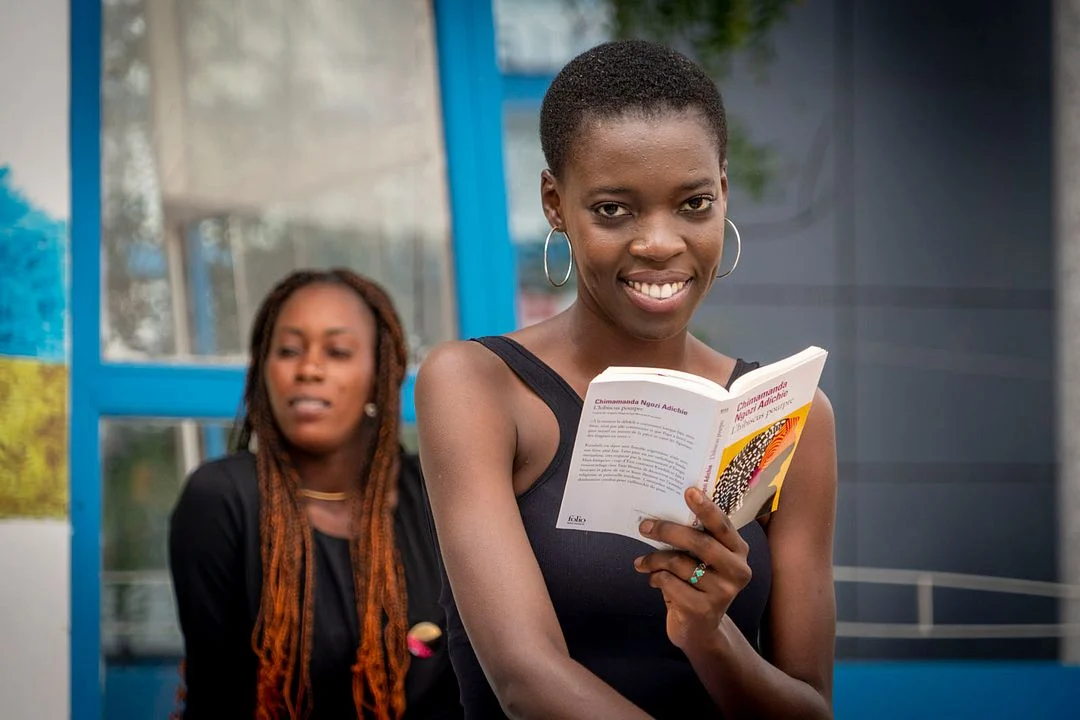
First screened at FESPACO 2025 in the Perspectives section, TIMPI TAMPA received a special jury mention. And for good reason: everything in it is local, rooted, and assumed. The film is shot in Dakar, in Wolof, with a 100% Senegalese cast. It is part of an aesthetic approach of reclamation: telling Africa from within, without filters or exoticism.
It is not just an artistic choice; it is a political act. By refusing the cheap universality of a Western gaze, Adama Bineta Sow offers a platform for youth who speak their language, their doubts, their dreams, and their contradictions.
A tragicomedy that says out loud what many whisper
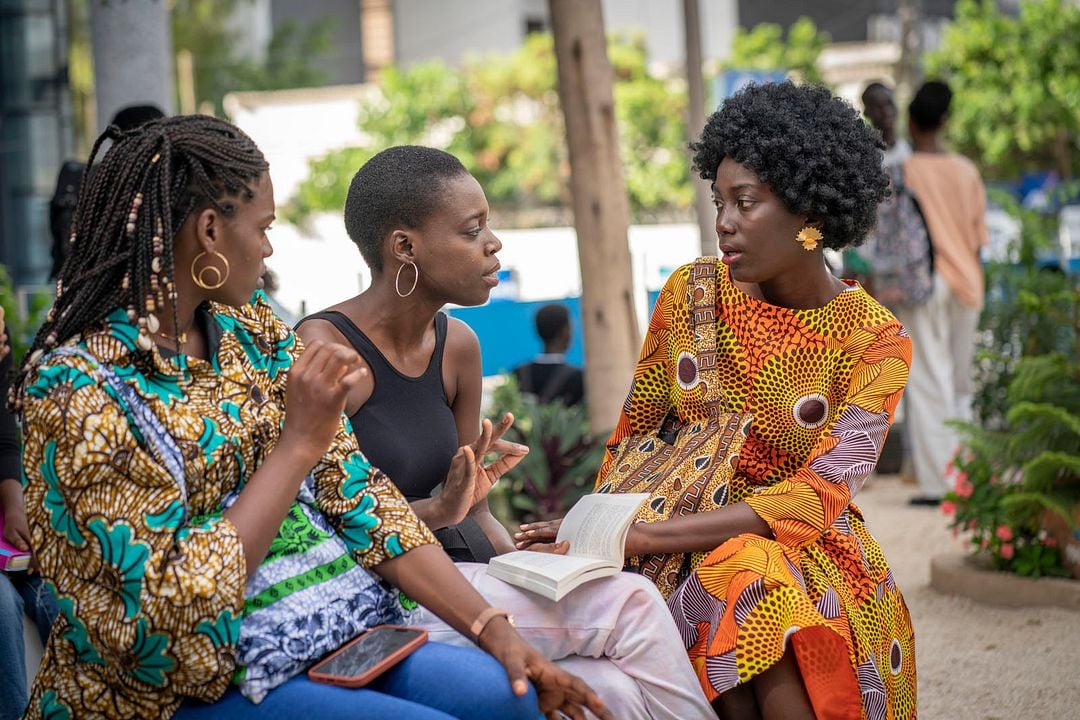
The success of TIMPI TAMPA lies in this rare balance: making you laugh to better disturb. The film presents two opposing groups within the beauty pageant world: the “Belles et Éclatantes,” who promote light skin and Western standards, and the “Belles, Naturelles et Rebelles,” who celebrate their Black skin, their afros, their curves, and even their scars.
The strength of the film lies in the complexity of its characters. There is no black-and-white morality. Fatima (Yacine Sow Dumon), one of the “Éclatantes,” is both victim and accomplice of the system. Maty (Fatoumata Aidara Sarr) proves to be a kind mentor and a clever strategist. Aminata (Sanou Samb) struggles with her insecurities, her weight, her lack of confidence. Maimouna (Diaratou Mbow), a radiant rebel, becomes a catalyst for awakening.
And Khalilou? He is deeply moving. Pape Aly Diop delivers a disarmingly sincere performance. His body becomes an investigative site—into identity, gender, beauty, and filial love. He learns to be a woman and, in doing so, becomes a man.
An aesthetic of subversion through glamour
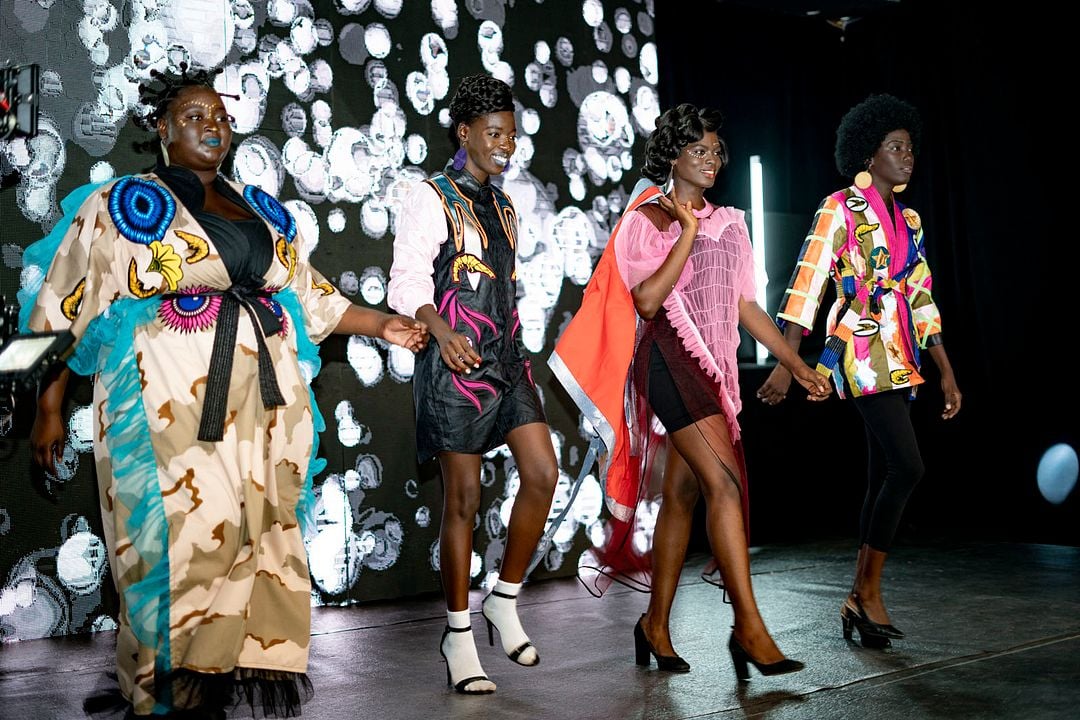
Behind the camera, everything breathes rigor and passion. Three years of writing, two months of preparation, seven weeks of filming, 94 scenes, 40 sets, 70 technicians, over 860 extras… TIMPI TAMPA is a fiery work, carried by a team that believes in the power of African cinema.
The artistic direction flirts with music videos, advertising, and street theater. The pageant scenes are choreographed like pop revolutions. The music pulses like a racing heart. The colors scream: Look at me. And in the eyes, we read more than a script: an urgency, a wound, a reclaimed pride.
A word on Adama Bineta Sow: youth, fire, and sisterhood
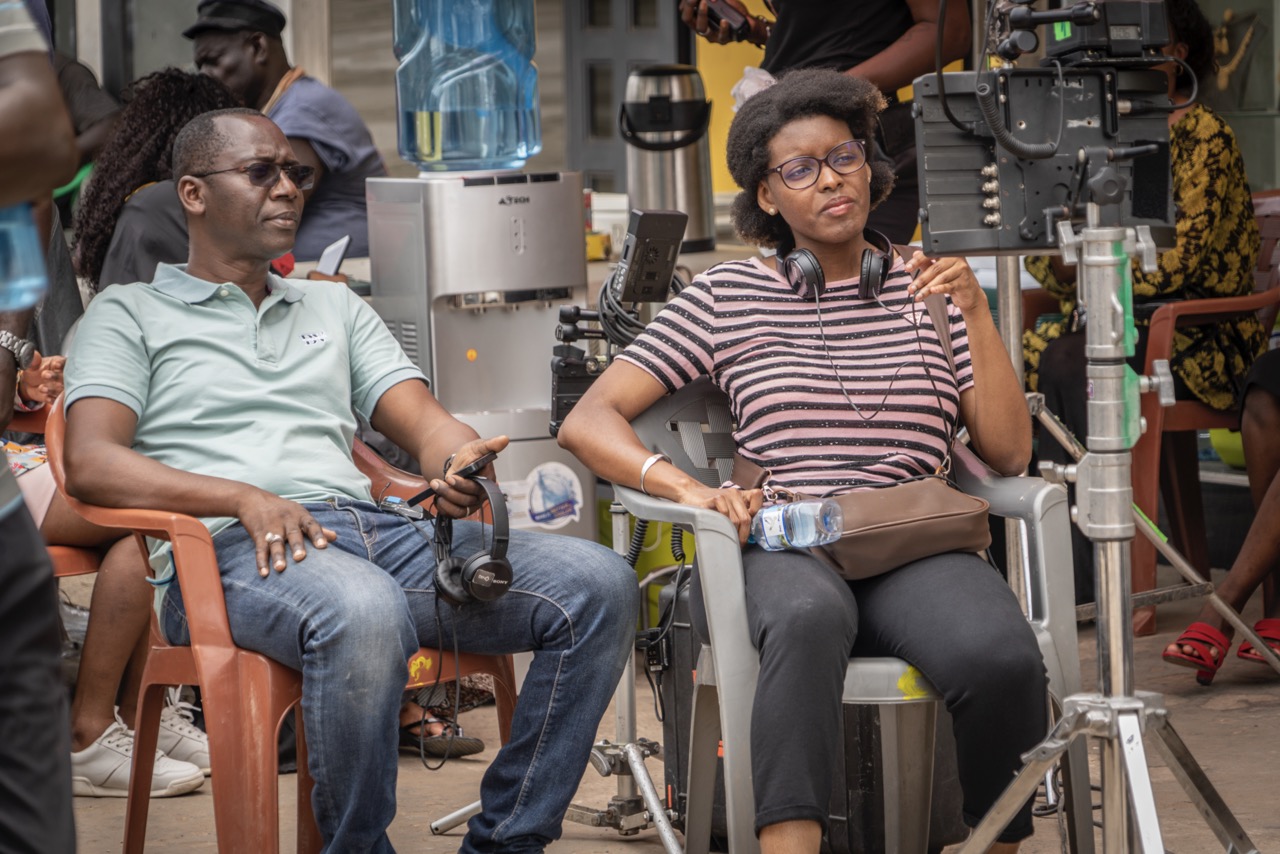
Adama Bineta Sow is only 23, but she already stands tall. Winner of multiple awards for her short films (Aveugle par une aveugle, À nous la Tabaski), she now delivers an ambitious, generous, and controlled debut feature. Her gaze is that of a sister, not a judge. She films women with radical tenderness and deep listening. And she creates a work that, far from diktats, lets every body exist.
Like Dee Rees or Mati Diop, she belongs to a lineage of Afro-feminist filmmakers who ask a fundamental question: Who has the right to tell our stories?
A universal struggle, yet deeply rooted
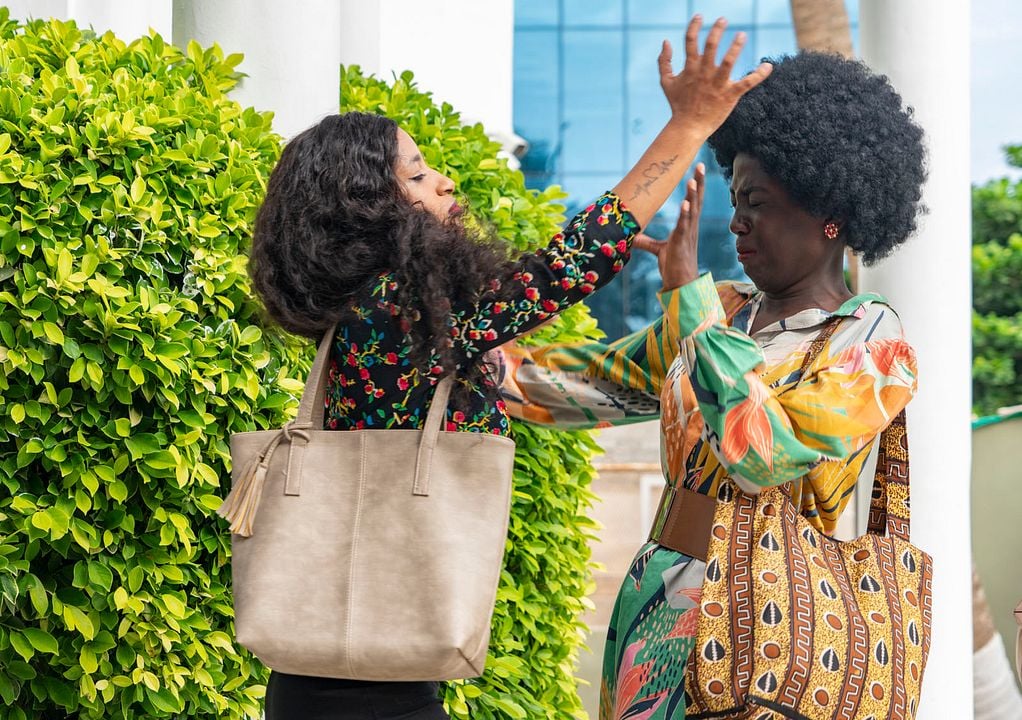
What TIMPI TAMPA says is that skin bleaching is a symptom. Behind depigmentation lies inferiority. Behind creams, social media, and competitions is a machine that manufactures complexes and sells Eurocentric dreams in 50 ml bottles.
But the film doesn’t just denounce. It offers an alternative imagination. Another way of seeing oneself. Another way of saying I am beautiful, I am Black, I am me.
And now?
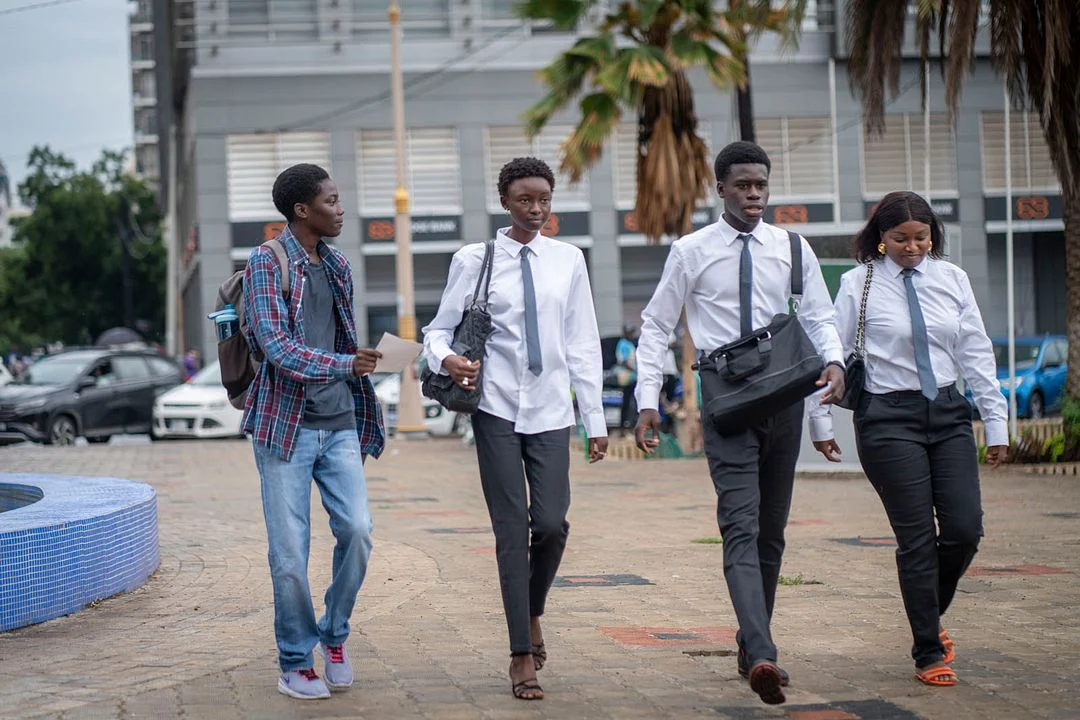
The film will be released on May 9, 2025, simultaneously in six African countries and in France, distributed by CANAL+ AFRIQUE, EUROPACORP, and NIGHT ED FILM. It’s a first for a Senegalese film of this scale. And a powerful signal.
Because yes, African cinema is ready. Ready to shine without disguise. Ready to speak loud, strong, and true.
An imprint on the retina and in the heart
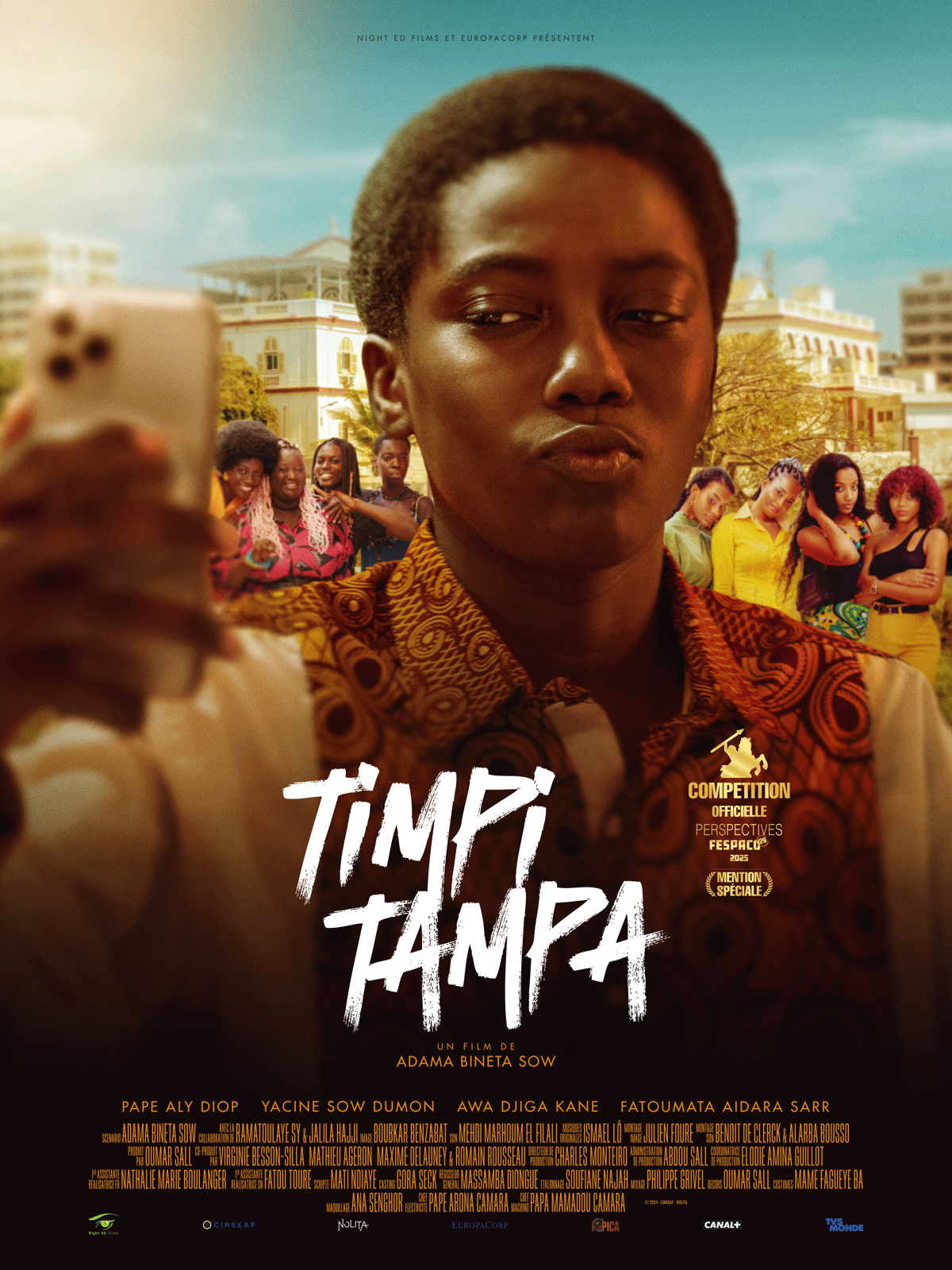
The word TIMPI TAMPA literally means “neither Black nor fair.” It refers to the uneven color created by mixing lightening products with sun exposure. But in Wolof, it could also be heard as imprint. And that’s exactly what the film leaves: an imprint. Not a fleeting trace, but a groove, a key.
TIMPI TAMPA is not just a film to watch. It’s a film to live, to debate, to pass on. A mirror-work that reminds each of us: Your color is not a shame to fix, it’s a flag to raise.
Summary
- A film that stands tall in its language
- A tragicomedy that says out loud what many whisper
- An aesthetic of subversion through glamour
- A word on Adama Bineta Sow: youth, fire, and sisterhood
- A universal struggle, yet deeply rooted
- And now?
